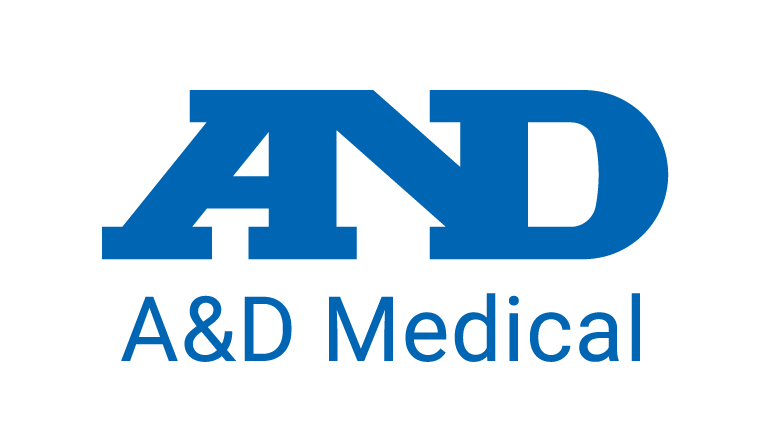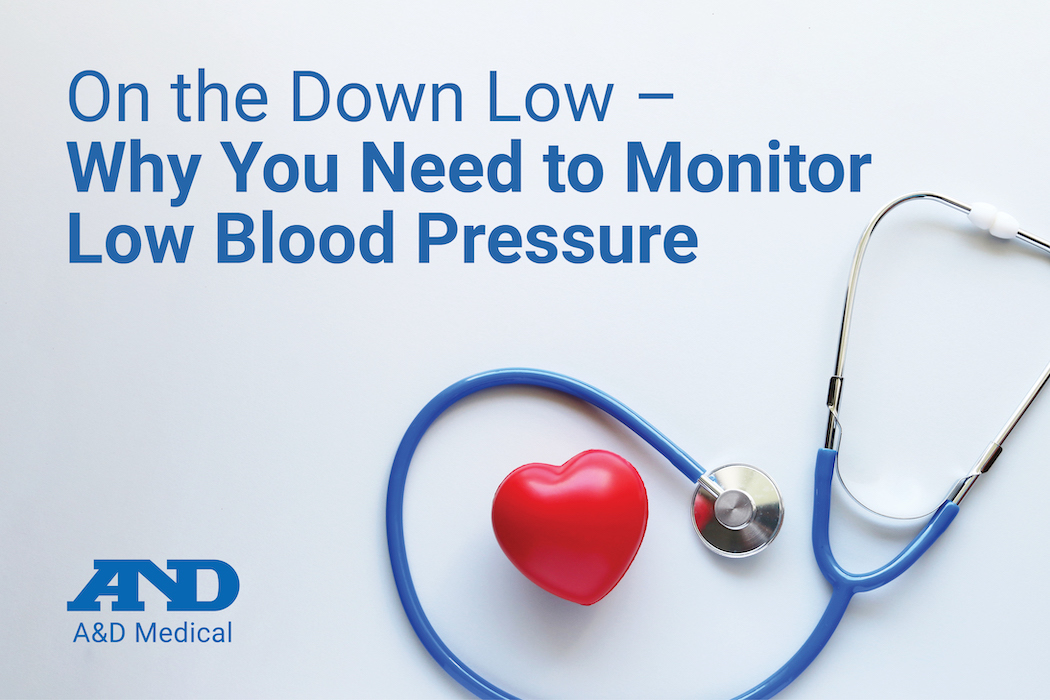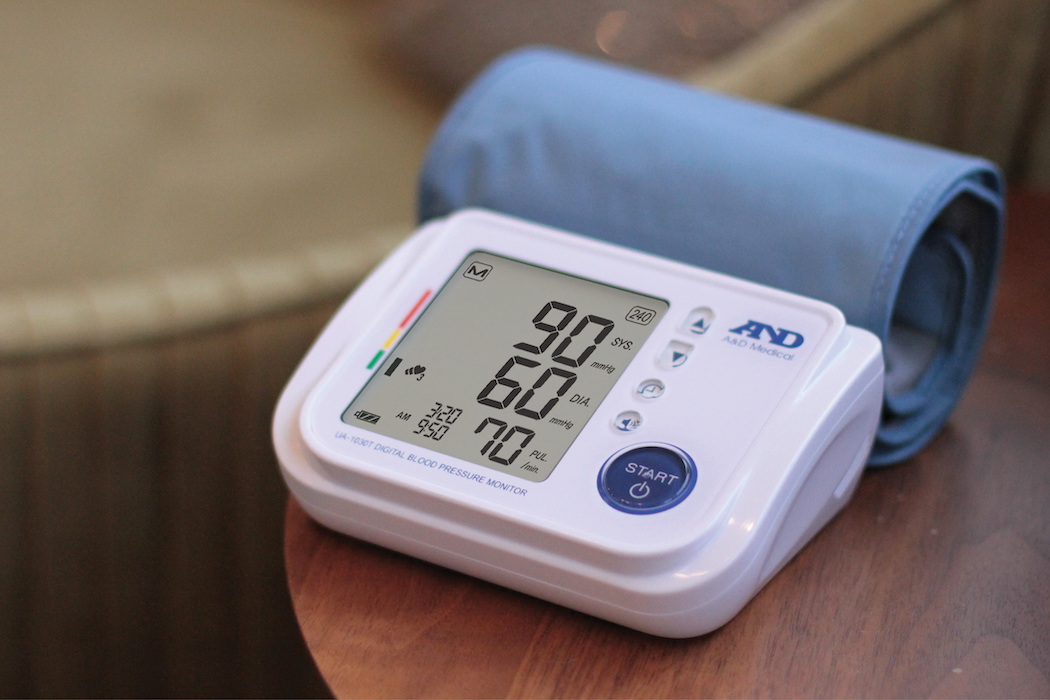On the Down Low – Why You Need to Monitor Low Blood Pressure
When it comes to blood pressure monitoring, hypertension (high blood pressure) tends to get a lot of attention. Which makes sense, given how prevalent it is amongst adults (nearly half of American adults). On the other end of the blood pressure spectrum is hypotension (low blood pressure).
While not as prevalent as hypertension, it is still fairly common and comes with its own set of health risks and problematic symptoms. Here’s what you need to know about monitoring hypotension:
How low is low?
Generally speaking, lower blood pressure is a good thing. However, when it drops below 90/60 mm Hg it can become a health concern.
What causes hypotension?
Low blood pressure can affect people of all ages, but is more common in older adults and pregnant women in their first 24 weeks. Causes include:
- Inactivity
- Medication
- Dehydration
- Infection
- Nutritional Deficiencies
What are the symptoms and risks?
Symptoms of hypotension range from physical symptoms such as nausea and dizziness to mental health issues like depression. Blurred vision and fatigue are other symptoms that can interfere with your daily life and safety. If left untreated, chronic hypotension can limit your body’s oxygen intake and cause damage to the heart and brain.
When should you talk to a medical professional?
A low blood pressure reading can be scary. That being said, a single instance is no reason to be alarmed, especially if you do not have any symptoms. If you do start to experience symptoms such as nausea and dizziness, it’s a good idea to consult a medical professional.
In rare instances low blood pressure can lead to shock. If you or a loved one are experiencing shock, you should seek emergency medical care immediately.
The bottom line
Hypotension can be a serious condition, but with monitoring and vigilance you and your doctor can get ahead of any serious health threats. Staying active, eating right, and keeping hydrated are simple ways that you can keep your blood pressure at a healthy level.
If you think that you may have hypotension, speak with your primary care physician. They can help you develop a treatment plan and determine if there are any underlying causes.







